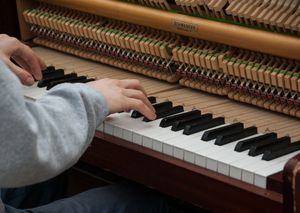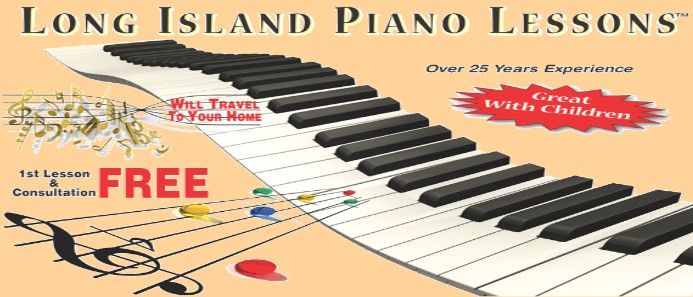

Read Our Reviews
Customer Testimonials

★★★★★
“This is a great music school! Sharon is patient and well prepared. If you want to learn how to play the piano I highly recommend Long Island Piano Lessons.”
- Kevin J.
- Kevin J.

★★★★★
“My daughter absolutely loves taking music lessons. Sharon is great!”
- Maria L.
- Maria L.

★★★★★
“I’ve been learning piano with Long Island Piano Lessons for quite some time. I have tried out a few other music schools, and you won’t find one better than this.”
- Lena B.
- Lena B.

★★★★★
“My daughter has been getting piano lessons for at least one year. She loves it! Sharon is well organized and her instructions are wonderful.”
- Rachel C.
- Rachel C.

★★★★★
“Long Island Piano Lessons has been a great source in my musical growth. I love how Sharon encourage me and challenge me.”
- Robert M.
- Robert M.

Ready to Get Started?
Book Your FREE Lesson Today!
Contact us to schedule a FREE introductory lesson with one of our instructors.
